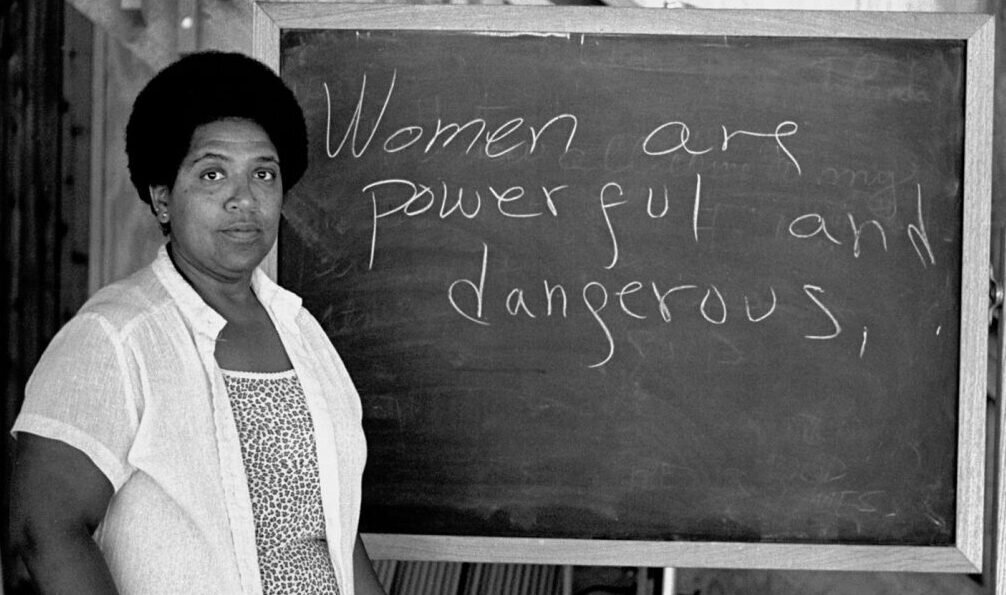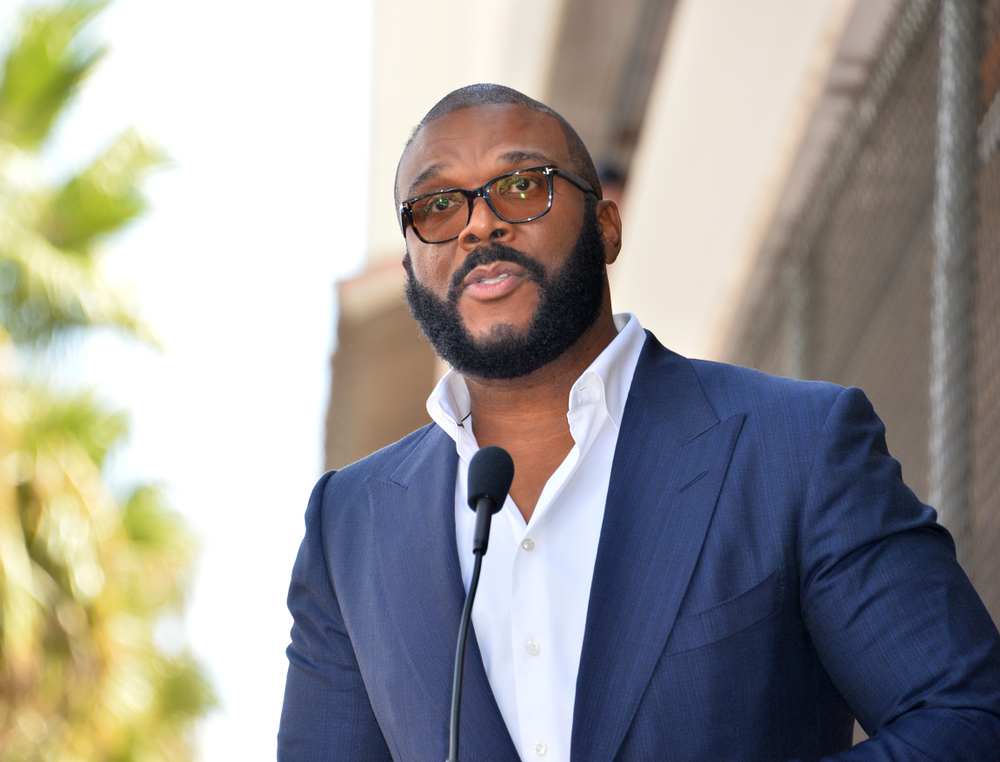Poet Laureate and activist Audre Lorde lived her life as a self-described “Black, lesbian, mother, warrior, poet” and wrote essential works of Black feminist poetry, including “The Black Unicorn” and “Coal.”
Lorde’s parents, Barbados-native Frederick Byron Lorde and Grenada-native Linda Gertrude Belmar Lorde moved from the Caribbean to New York City for job opportunities.
She was raised in Harlem during the Harlem Renaissance. She was often ridiculed at the largely white school she attended and felt isolated until she found community with other girls at Hunter College High School—where she joined an after-school group and read her poems. One of her poems, a love sonnet, was published in “Seventeen” magazine.
After high school, Lorde became involved in the Harlem Writer’s Guild and enrolled in Hunter College—though she later dropped out. After a brief stint in Connecticut, Lorde traveled to Mexico, where she joined a creative group of ex-patriots and explored her lesbian identity.
Lorde returned to the United States, completed her bachelor’s degree at Hunter College, and attended Columbia University, where she earned a master’s degree in library sciences. While working as a librarian, Lorde attracted attention for her poetry from Black poet legends Langston Hughes, Gwendolyn Brooks and Adrienne Rich.
Lorde’s first poetry collection, “The First Cities” was published, and she took a poet-in-residence position at Tougaloo College in Mississippi-where teaching changed her life.
“My poetry and theirs by extension were part of our weaponry,” said Lorde in a 1982 interview with Blanche Cook.
Her residence marked the first time Lorde shared her poetry-her passion-verbally to a group of people, and the experience had a profound effect on her.

“Silence is one of the ways in which we’re controlled. One of the very effective implants by which we control ourselves,” said Lorde in the Cook interview. “It’s something that each one of us individually and collectively will die of if we do not find a way to break it.”
Lorde, along with Black Feminist Writer Barbara Smith, founded “Kitchen Table: Women of Color Press,” the first publishing house by and for women of color.
After a cancer scare and later a diagnosis, Lorde wrote extensively about her struggle with breast cancer and the discrimination she faced in the medical world in “The Cancer Journals” and “A Burst of Light.”
Lorde spent her final years in Saint Croix with her partner Gloria Joseph and took the name “Gamba Adisa,” meaning a warrior and she who makes her meaning known.
“Survival is not a one-time decision, it’s not a one-time act,” said Lorde on the meaning of her poem “A Litany for Survival Number 42.” “It’s something that goes on and on and on.”








